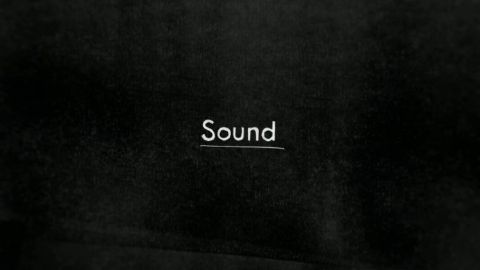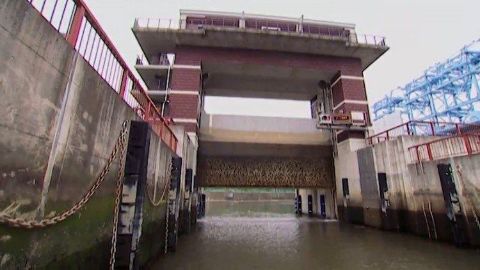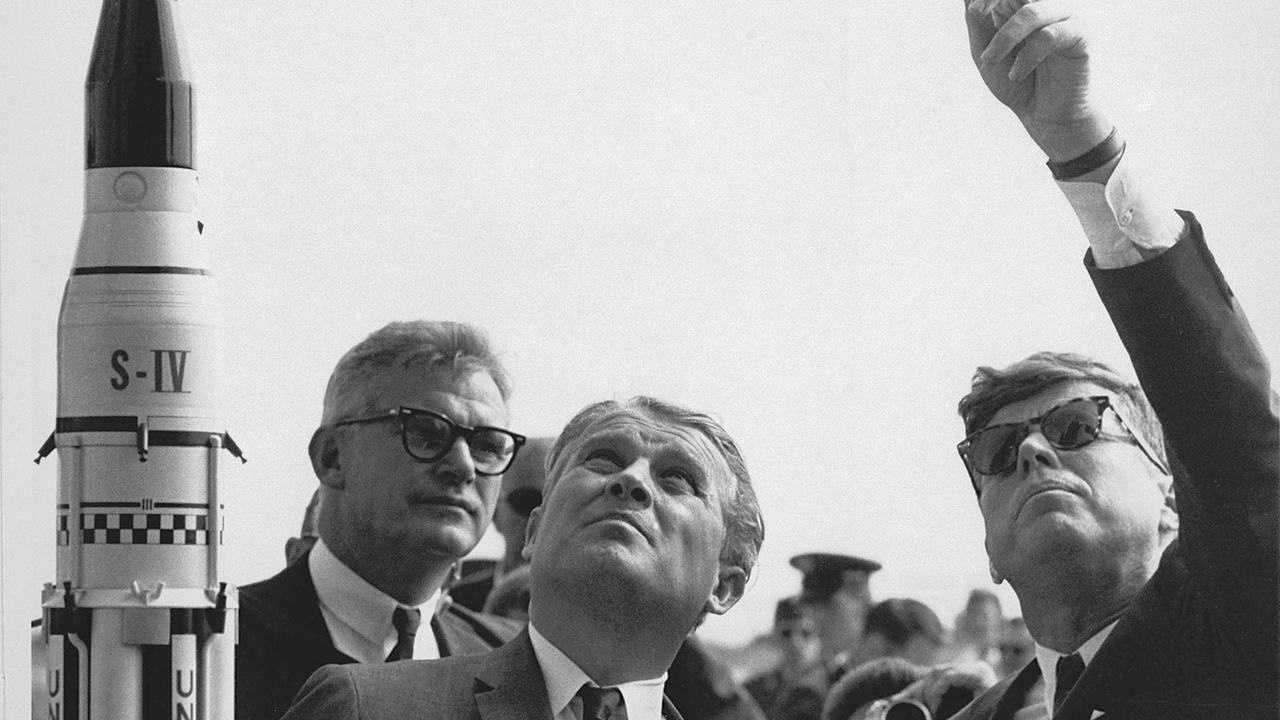Down the Deep Dark Web • 2016
DOWN THE DEEP, DARK WEB reverses everything you thought you knew about the internet and the dangers of the digital world. Our guide is Yuval Orr, a young journalist born in 1984 and well-aware of the gradual encroachment of Big Brother, but like many of his generation, too busy updating his Facebook status to pay it much attention. Assigned with writing an article about the Darknet, he dives headfirst down the rabbit hole. On a journey that takes us through Tel Aviv, Prague and Berlin, Yuval meets tech experts, cybercrime watchmen, and a group of self-appointed underground freedom fighters.
Make a donation
Buy a brother a hot coffee? Or a cold beer?
Hope you're finding these documentaries fascinating and eye-opening. It's just me, working hard behind the scenes to bring you this enriching content.
Running and maintaining a website like this takes time and resources. That's why I'm reaching out to you. If you appreciate what I do and would like to support my efforts, would you consider "buying me a coffee"?
Donation addresses
BTC: bc1q8ldskxh4x9qnddhcrgcun8rtvddeldm2a07r2v
ETH: 0x5CCAAA1afc5c5D814129d99277dDb5A979672116
With your donation through , you can show your appreciation and help me keep this project going. Every contribution, no matter how small, makes a significant impact. It goes directly towards covering server costs.





